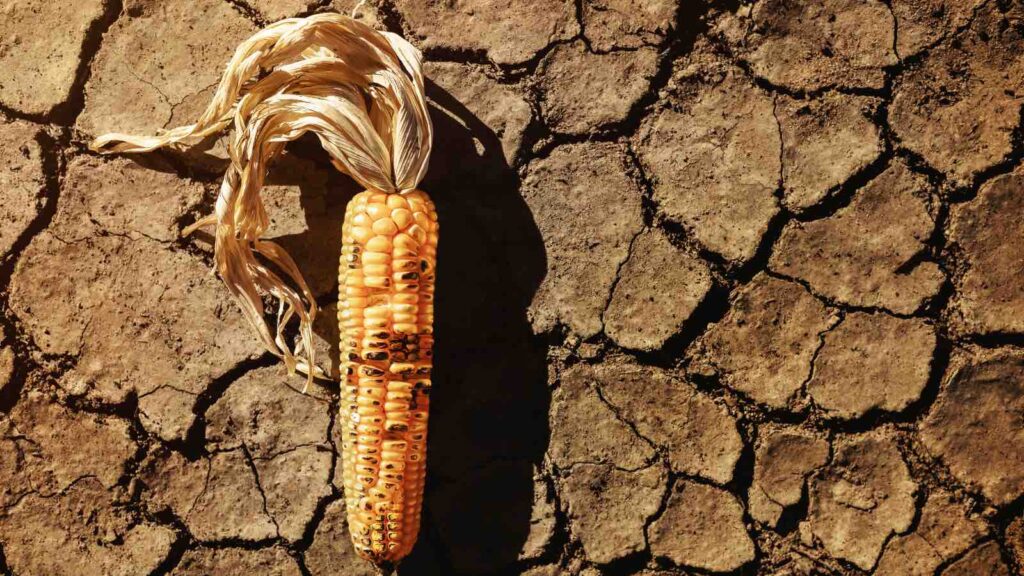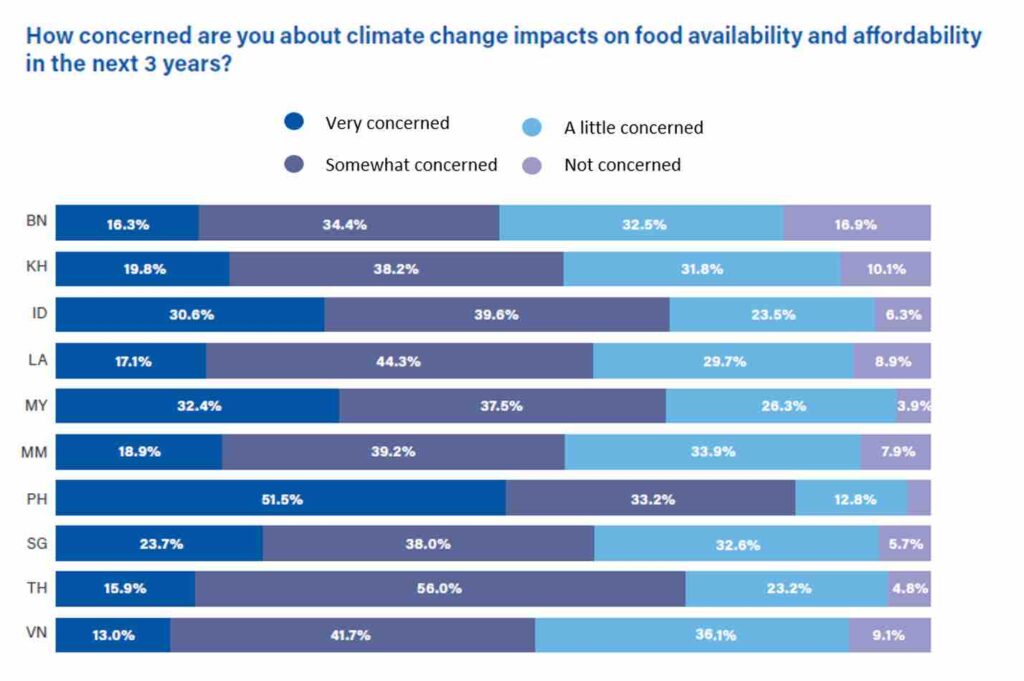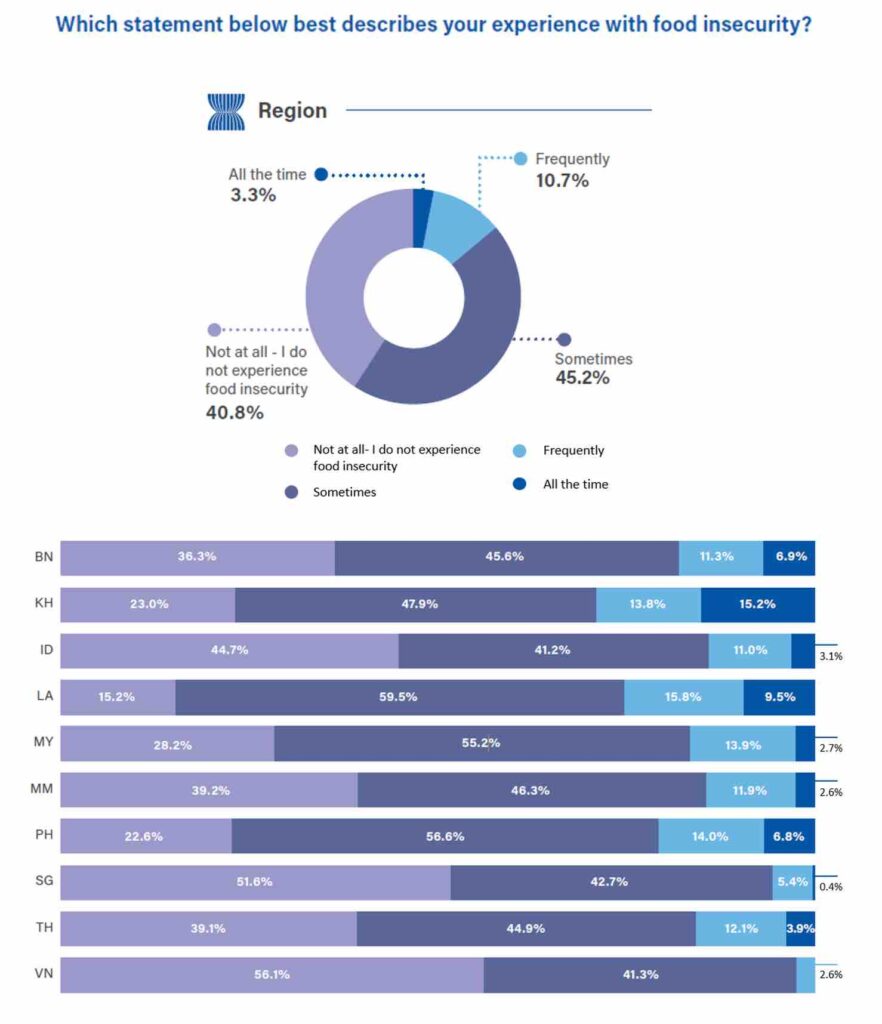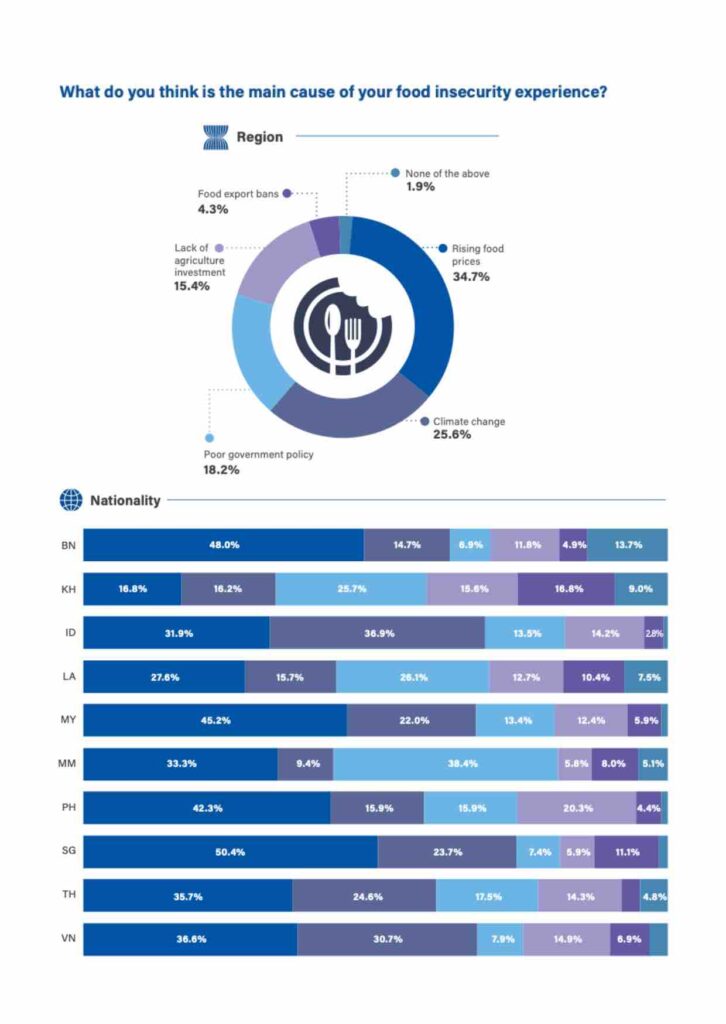With the El Nino phenomenon expected to exacerbate food insecurity in 2024 through reduced precipitation and increased droughts and wildfires, Southeast Asia faces growing food insecurity.
Before the recent surge in rice prices, Southeast Asians were already feeling the pinch of food insecurity, with climate change looming large over their future food prospects. The ISEAS-Yusof Ishak Institute’s Climate Outlook Survey 2023 reveals deepening concerns over climate change’s impact on long-term food security.
RELEVANT SUSTAINABLE GOALS
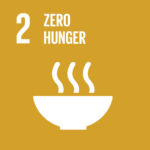


Conducted post-heat waves but pre-rice price hike, the survey shows 70% of Southeast Asians are worried about food availability and affordability in the next three years, with concerns most pronounced in the Philippines due to frequent severe storms.
Interestingly, while Indonesia and Myanmar also rank high globally for disaster risk, fewer respondents from these countries express “very concerned” sentiments, possibly hinting at optimism or a disconnect between climate change and food supply perceptions. Women and those with higher education levels show greater concern, especially those working in government and civil society sectors, likely due to better access to data.
Note: The ISEAS- Yusof Ishak Institute’s Climate Outlook Survey 2023 had a total of 2225 respondents across the 10 ASEAN countries and was carried out between 10 July and 7 August 2023. This year’s survey expanded on questions relating to perceptions of food security.
Despite varying degrees of concern, food insecurity is a pressing reality for about 14% of Southeast Asians, aligning with the UN’s FAO findings of increased moderate or severe food insecurity in the region. The survey points to Cambodia and Laos as having the highest levels of food insecurity, although these figures are lower than previous FAO reports, suggesting some improvement in recent years.
Which statement below best describes your experience with food insecurity :
A significant 34.7% of Southeast Asians pinpoint rising food prices as the main driver of food insecurity, with climate change (25.6%) and poor government policy (18.2%) also identified as critical factors. The impact of these issues varies across the region, with import-dependent countries like Singapore and Brunei notably worried about the influence of escalating prices on food security. In contrast, Indonesia and Vietnam stand out for their heightened concerns about climate change’s effects, at 36.9% and 30.7% respectively, illustrating a regional divergence in perceived threats to food stability.
Myanmar’s respondents primarily cite poor government policy as the root of food insecurity, a reflection of the nation’s ongoing civil turmoil. Similarly, a significant portion of those in Cambodia and Laos voice concerns over governmental policy as a contributing factor to their food insecurity. Meanwhile, Cambodia (16.8%) and Singapore (11.1%) express apprehension about the impact of export bans on their food security, highlighting the complex web of issues contributing to the challenge of ensuring access to sufficient nutrition across Southeast Asia
Cimate Change x Food Insecurity in SouthEast Asia
Rising food prices and climate change are identified as the main culprits of personal food insecurity experiences, with Indonesians notably attributing climate change as the principal factor. Floods, droughts, and heat waves are cited as significant climate crises affecting food insecurity, though ocean warming and sea level rise awareness appears limited.
With the El Nino phenomenon expected to exacerbate food insecurity in 2024 through reduced precipitation and increased droughts and wildfires, the need for a long-term transformation in agriculture and food sectors towards climate resilience becomes clear. Despite ASEAN member states setting net-zero targets, the alignment with growth targets and concrete decarbonization plans remains a challenge.
The survey underscores the urgency for comprehensive action and investment in agriculture to alleviate food insecurity. While reactive policies like trade bans and price controls may offer short-term relief, sustained investment in climate-resilient agriculture is crucial for long-term food security in Southeast Asia.
Read the full report here.
You may also be interested in :
Reviving Ancient Grains : Learning From Nepal’s Farmers Embracing Foxtail Millet


